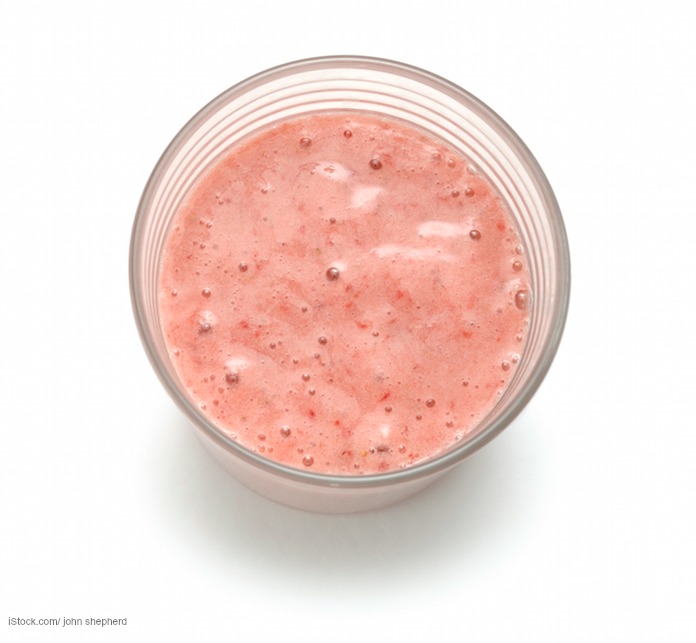At least forty people are now sick in the hepatitis A outbreak associated with strawberry smoothies sold at the Tropical Smoothie Cafe restaurants in Virginia. That number is current as of 12:00 pm on August 29, 2016.

The health department press release states that about 55% of the residents, for whom information is available, have been hospitalized for their illness. The 40 ill residents range in age from 15 to 68. Onsets of illness for the 40 patients range from early May through mid-August.
That means that anyone who had a strawberry smoothie from a Tropical Smoothie Cafe restaurant in Virginia in April, May, June, July, or August may have been exposed to the virus. Since the longest incubation period for this illness is 50 days, anyone who ate there July 10, 2016 or later could start exhibiting the symptoms of a hepatitis A infection.
The outbreak will probably continue growing, since people are infectious for two weeks before symptoms appear. The virus is very contagious and is spread through person-to-person contact and through contamianted food and drink.
Public health officials were not aware that the strawberries, which were imported from Egypt, were tied to this outbreak until August. The Virginia Department of Health officials re-interviewed those sickened earlier in the year to confirm the link with smoothie consumption.
The product has been removed from all Tropical Smoothie locations in Virginia. Testing on the patients has confirmed that the outbreak strain of hepatitis A is similar to one caused by frozen strawberries from Egypt.
It has been 10 days since those smoothies were served at Tropical Smoothie Cafe locations in Virginia. If you had a smoothie there, or if you ate or drank food at the Tropical Smoothie location in Gainesville, Virginia, where an employee has been diagnosed with the illness within the last two weeks, you may still be able to get a hepatitis A or immune globulin vaccination. After two weeks has passed, the vaccines are no longer effective. At that point, all you can do is watch yourself for the symptoms of hepatitis A.
The symptoms of hepatitis A include dark urine, lethargy, loss of appetite, weight loss, clay colored stools, fever, abdominal pain, vomiting, and diarrhea. There is no medical treatment for this illness, and most people recover on their own, although it may take months to return to normal.
Patients with a higher risk of complications from a hepatitis A infection include the elderly and anyone who has a liver disease. The virus affects the liver, inflaming it.
The Virginia Department of Agriculture and Consumer Services, the U.S. FDA, and the Centers for Disease Control and Prevention are working to identify additional locations that may have sold the imported frozen strawberries. If you consumed a smoothie made with frozen strawberries at a restaurant in the last 50 days, watch for the symptoms of the illness. If you do get sick, see your doctor and take steps to protect others from the infection.
That means washing your hands well with soap and water after using the bathroom or changing diapers. Stay home if you are sick, especially with a diarrheal illness or the symptoms of hepatitis A. And don’t prepare food or serve food to others if you are sick.




